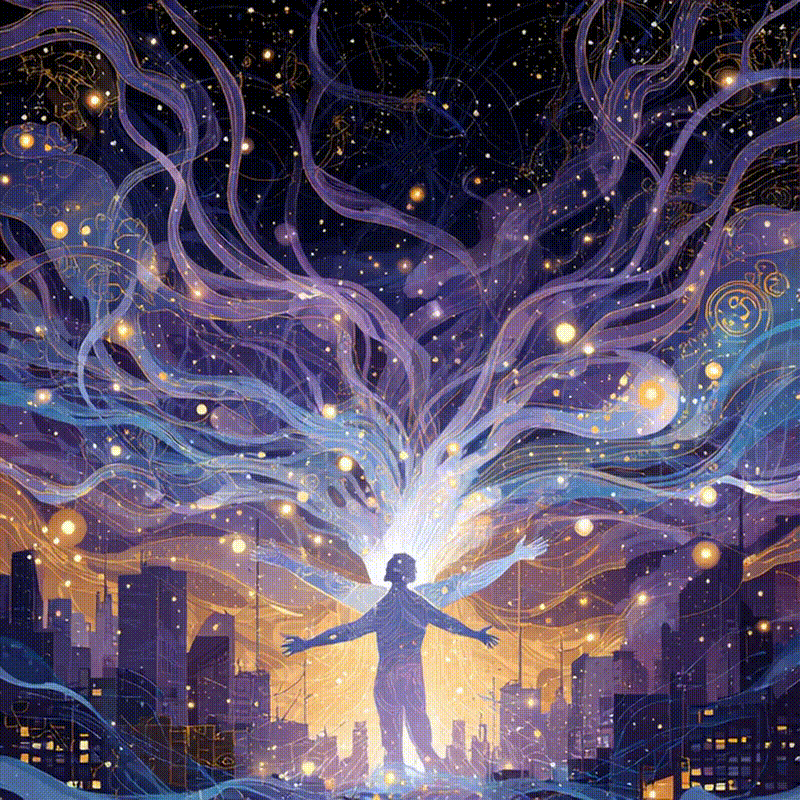Our 20,000 Eyes and Hands

Here's a different way to think about the change coming to the workforce and economy from AI.
Imagine everyone in the world has 10,000 brains, 20,000 eyes, 20,000 arms, and 20,000 legs. And they can deploy them anywhere in the world to do whatever task needs doing.
In this world, we don't have corporations. People who want to accomplish something just send their different sets of eyes and brains and arms to go learn things and coordinate with each other. They get the job done. Your central brain orchestrates all these different parts of yourself to build whatever company or release whatever product or service you want.
A society built around people who could do this would be a society of exchange. What you build with your resources will be different than what I build. I'll want to see what you built. Maybe trade with you. Maybe purchase something you produce because it's awesome. We'd have an economy of exchange and reciprocation—not an economy where somebody important at the top has an idea and thousands of people work to make that person's idea real.
What we have today is a broken hierarchical structure at its root. Instead of each of us making our own things with our own resources, over 99.9% of us are building someone else's idea. The founder or CEO has the idea. Everyone else implements it. By default, it's a structured, tiered, laddered system of status and hierarchy—with all the negative externalities that brings.
One lens I use to look at this AI transition is moving from the current unhealthy hierarchical system—where most everyone builds someone else's idea and gives them the benefits—to a world where each of us is the founder and CEO of our own ideas and technology. AI is the lever that makes this possible.
What's really happening is we're returning to the natural state we should have been in all along. Each of us having 20,000 eyes and 20,000 hands. Using them to build what we want to build. Then sharing with our peers. Not spending the most useful decades of our lives making things for other people.